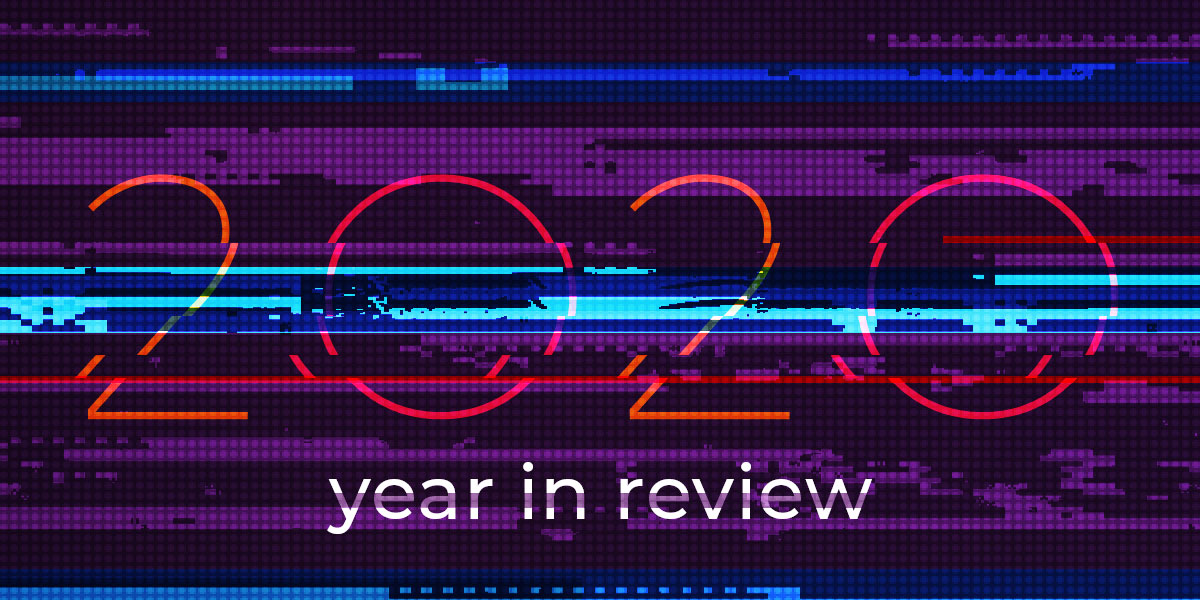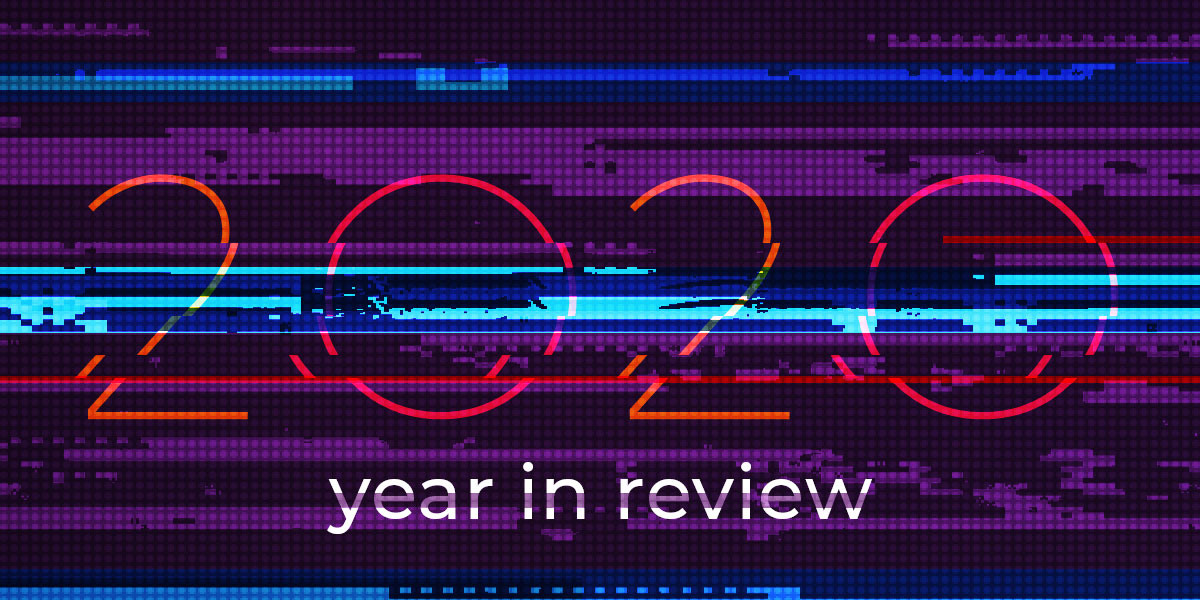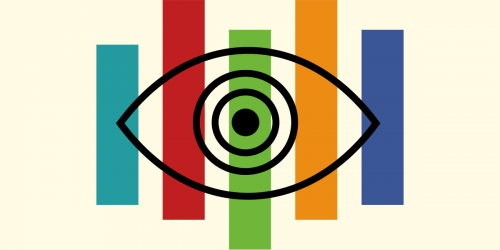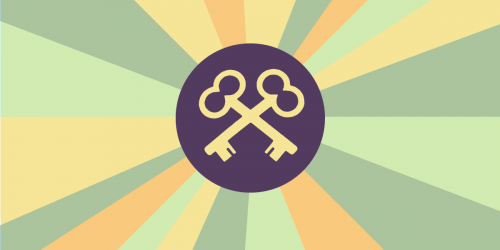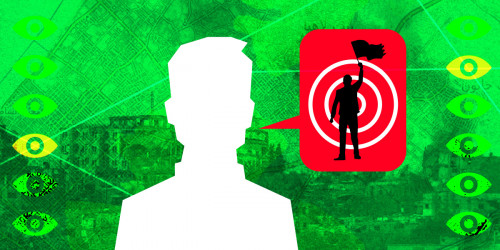If you come at the nonprofit sector, you’d best not miss.
Nonprofits and NGOs around the world were stunned last November when the Internet Society (ISOC) announced that it had agreed to sell the Public Interest Registry—the organization that manages the .ORG top-level domain (TLD)—to private equity firm Ethos Capital. EFF and other leaders in the NGO community sprung to action, writing a letter to ISOC urging it to stop the sale. What follows was possibly the most dramatic show of solidarity from the nonprofit sector of all time. And we won.
Oversight by a nonprofit was always part of the plan for .ORG.
Prior to the announcement, EFF had spent six months voicing our concerns to the Internet Corporation for Assigned Names and Numbers (ICANN) about the 2019 .ORG Registry Agreement, which gave the owner of .ORG new powers to censor nonprofits’ websites (the agreement also lifted a longstanding price cap on .ORG registrations and renewals).
The Registry Agreement gave the owner of .ORG the power to implement processes to suspend domain names based on accusations of “activity contrary to applicable law.” It effectively created a new pressure point that repressive governments, corporations, and other bad actors can use to silence their critics without going through a court. That should alarm any nonprofit or NGO, especially those that work under repressive regimes or frequently criticize powerful corporations.
Throughout that six-month process of navigating ICANN’s labyrinthine decision-making structure, none of us knew that ISOC would soon be selling PIR. With .ORG in the hands of a private equity firm, those fears of censorship and price gouging became a lot more tangible for nonprofits and NGOs. The power to take advantage of .ORG users was being handed to a for-profit company whose primary obligation was to make money for its investors.
Oversight by a nonprofit was always part of the plan for .ORG. When ISOC competed in 2002 for the contract to manage the TLD, it used its nonprofit status as a major selling point. As ISOC’s then president Lynn St. Amour put it, PIR would “draw upon the resources of ISOC’s extended global network to drive policy and management.”
More NGOs began to take notice of the .ORG sale and the danger it posed to nonprofits’ freedom of expression online. Over 500 organizations and 18,000 individuals had signed our letter by the end of 2019, including big-name organizations like Greenpeace, Consumer Reports, Oxfam, and the YMCA of the USA. At the same time, questions began to emerge (PDF) about whether Ethos Capital could possibly make a profit without some drastic changes in policy for .ORG.
By the beginning of 2020, the financial picture had become a lot clearer: Ethos Capital was paying $1.135 billion for .ORG, nearly a third of which was financed by a loan. No matter how well-meaning Ethos was, the pressure to sell “censorship as a service” would align with Ethos’ obligation to produce returns for its investors. The sector’s concerns were well-founded: the registry Donuts entered a private deal with the Motion Picture Association in 2016 to fast-track suspensions of domains that MPA claims infringe on its members’ copyrights. It’s fair to ask whether PIR would engage in similar practices under the leadership of Donuts co-founder Jonathon Nevett. Six members of Congress wrote a letter to ICANN in January urging it to scrutinize the sale more carefully.
A few days later, EFF, nonprofit advocacy group NTEN, and digital rights groups Fight for the Future and Demand Progress participated in a rally outside of the ICANN headquarters in Los Angeles. Our message was simple: stop the sale and create protections for nonprofits. Before the protest, ICANN staff reached out to the organizers offering to meet with us in person, but on the day of the protest, ICANN canceled on us. That same week, Amnesty International, Access Now, the Sierra Club, and other global NGOs held a press conference at the World Economic Forum to tell world leaders that selling .ORG threatens civil society. All of the noise caught the attention of California Attorney General Xavier Becerra, who wrote to ICANN (PDF) asking it for key information about its review of the sale.
COVID-19 demonstrated that the NGO community doesn’t need fancy “products and services” from a domain registry: it needs simple, reliable, boring service.
Recognizing that the heat was on, Ethos Capital and PIR hastily tried to build bridges with the nonprofit sector. Ethos attempted to convene a secret meeting with NGO sector leaders in February, and then abruptly canceled it. Ethos then announced that it would voluntarily limit price increases on .ORG registrations and renewals and establish a “stewardship council.” Like many details of the .ORG sale, what level of influence the stewardship council would have over PIR’s decisions was unclear. EFF executive director Cindy Cohn and NTEN CEO Amy Sample Ward responded in the Nonprofit Times:
The proposed “Stewardship Council” would fail to protect the interests of the NGO community. First, the council is not independent. The Public Interest Registry (PIR) board’s ability to veto nominated members would ensure that the council will not include members willing to challenge Ethos’ decisions. PIR’s handpicked members are likely to retain their seats indefinitely. The NGO community must have a real say in the direction of the .ORG registry, not a nominal rubber stamp exercised by people who owe their position to PIR.
Even Ethos’ promise to limit fee increases was rather hollow: if Ethos raised fees as allowed by the proposed rules, the price of .ORG registrations would more than double over eight years. After those eight years, there would be no limits on free increases whatsoever.
All the while, Ethos and PIR kept touting that with the new ownership would come new “products and services” for .ORG users, but it failed to give any information about what those offerings might entail. Cohn and Ward responded:
The product NGOs need from our registry operator is domain registration at a fair price that doesn’t increase arbitrarily. The service that operator must provide is to stand up to governments and other powerful actors when they demand that it silence us. It is more clear than ever that you cannot offer us either.
It’s almost poetic that the debate over .ORG reached a climax just as COVID-19 was becoming a worldwide crisis. Emergencies like this one are when the world most relies on nonprofits and NGOs; therefore, they’re also pressure tests for the sector. The crisis demonstrated that the NGO community doesn’t need fancy “products and services” from a domain registry: it needs simple, reliable, boring service. Those same members of Congress who’d scrutinized the .ORG sale wrote a more pointed letter to ICANN in March (PDF), plainly noting that there was no way that Ethos Capital could make a profit on its investment without making major changes at the expense of .ORG users.
Finally, in April, the ICANN board rejected the transfer of ownership of .ORG. “ICANN entrusted to PIR the responsibility to serve the public interest in its operation of the .ORG registry,” they wrote, “and now ICANN is being asked to transfer that trust to a new entity without a public interest mandate.”
While .ORG is safe for now, the bigger trend of registries becoming chokepoints for free speech online is as big a problem as ever. That’s why EFF is urging ICANN to reconsider its policies regarding public interest commitments—or as the Internet governance community has recently started calling them, registry voluntary commitments. Those are the additional rules that ICANN allows registries to set for specific top-level domains, like the new provisions in the .ORG Registry Agreement that allow the owner of .ORG to set policies to fast-track censoring speech online.
The story of the attempted .ORG sale is really the story of the power and resilience of the nonprofit sector. Every time Ethos and PIR tried to quell the backlash with empty promises, the sector responded even more loudly, gaining the voices of government officials, members of Congress, two UN Special Rapporteurs, and U.S. state charities regulators. As I said to that crowd of activists in front of ICANN’s offices, I’ve worked in the nonprofit sector for most of my adult life, and I’ve never seen the sector respond this unanimously to anything.
Thank you to everyone who stood up for .ORG, especially NTEN for its partnership on this campaign as a trusted leader in the nonprofit sector. If you were one of the 27,183 people who signed our open letter, or if you work for or support one of the 871 organizations that participated, then you were a part of this victory.
This article is part of our Year in Review series. Read other articles about the fight for digital rights in 2020.


